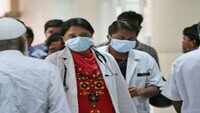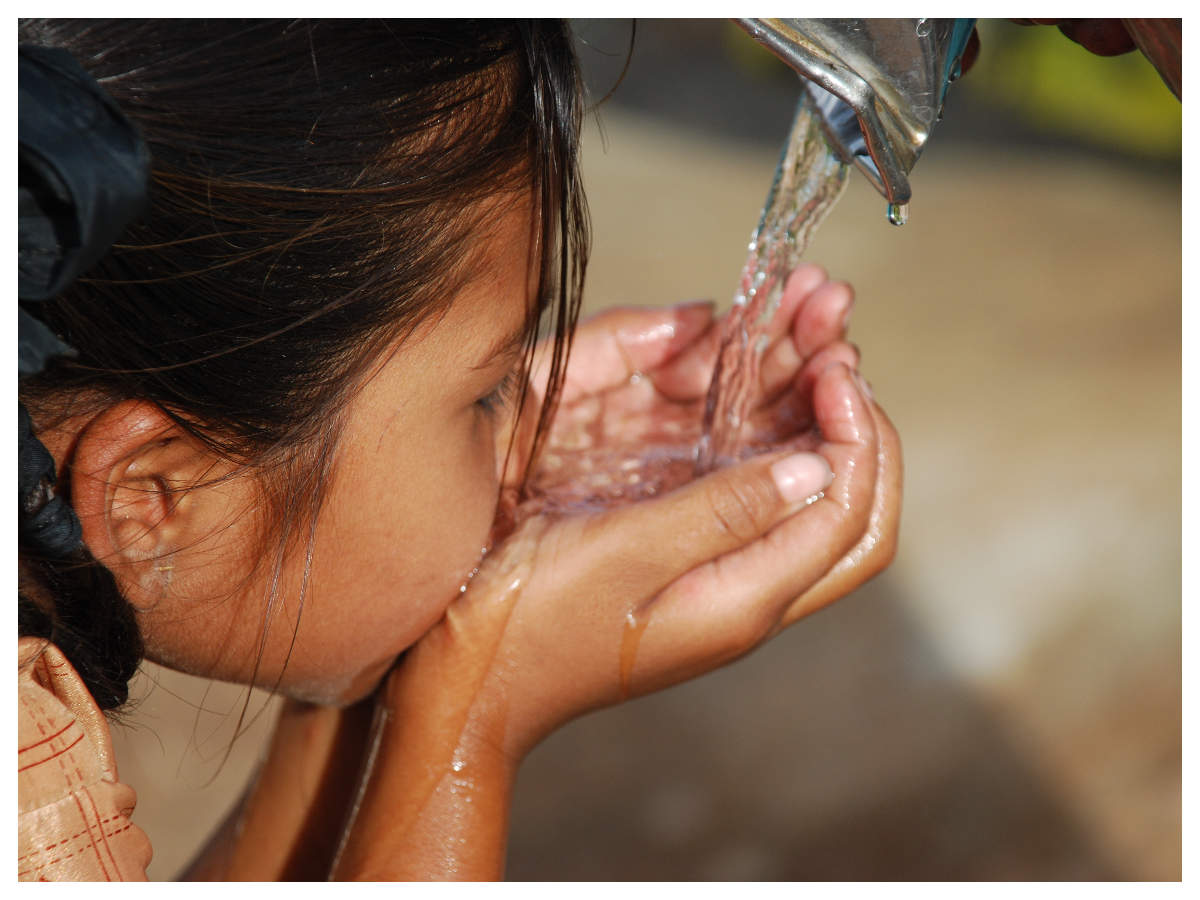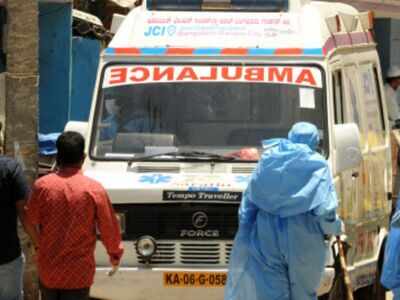
BENGALURU: The Karnataka government’s decision to not test those dying with Covid-19 symptoms like ILI and SARI for confirmation could lead to clusters of infection remaining hidden and underreporting of cases, according to health experts.
Monday’s revised testing protocol has come as a shocker for a few members of Karnataka’s Covid-19 technical committee. “I was shocked when I learnt this. It’s a bothering issue,” said Dr CN Manjunath, nodal officer, testing and lab, Covid-19 taskforce.
Dr Manjunath recalled the case of a cadaver brought from Maharashtra to Mandya in May where six contacts of the dead individual tested positive for Covid-19.
“We should have continued to test the dead for the safety of the bereaved family members and everyone. Unlike earlier, the results are coming early with TrueNAT tests being available in less than two hours. Testing the dead gives a lot of clarity. ICMR guidelines clearly mention that suspected influenza-like illness (ILI) and severe acute respiratory infection (SARI) cases must be tested for Covid-19,” he said.
The testing protocol released on May 21 categorically said, “Suspected Covid-19 death with history of ILI, SARI symptoms must be tested and swab to be taken within six hours of death.” The clause went missing in the revised testing protocol issued on June 8.
Telangana is also not testing cadavers of suspected Covid-19 cases. States like Kerala and Punjab have continued to test cadavers of suspected Covid-19 cases as well as brought-dead cases. In Maharashtra, no test is conducted for those who are brought dead, but those dying of ILI and SARI in hospitals are tested.
Only following Centre’s rules: Pandey
Health commissioner Pankaj Kumar Pandey said the decision was based on government of India guidelines. “The Centre had, in a communication, said not to draw swab samples after the death of a person. We have asked for clarification on the same,” he said.
Dr MK Sudarshan, chairperson, Covid-19 technical committee, said, “A live person, who is coughing and sneezing, is more infectious. The dead must be handled with precaution. The cadaver can be handed over to relatives, but nobody can demand a Covid certificate. That’s the message that should go out,” he said, adding the new protocol had nothing to do with reducing the testing.
About clusters remaining hidden by the new decision, Dr Sudarshan said the change in testing criteria does not bar contact tracing in suspected cases. “When you suspect the case, it should be treated as a suspected Covid death and trace the contacts and test them if they have symptoms,” said Dr Sudarshan.
Excluding the dead from the testing protocol is a bit controversial, said city-based pulmonologist Dr KS Satish. “If the patient died of brain haemorrhage or a cardiac ailment, then there would be no need to test. But if the patient had Covid-19 symptoms and died, testing can help. But such cases are very few,” he said.
According to Dr Sylvia Karpagam, public-health expert, the government is already underreporting the cases and the recent move only confirms it. “Ideally, suspected cases must be tested. The government might be constrained by sources. Anyway, our official data never reflected the ground situation and this may not make a difference. The focus should be on saving the 20% of the Covid-19 cases that have symptoms and are severely infected,” said Dr Sylvia.
Monday’s revised testing protocol has come as a shocker for a few members of Karnataka’s Covid-19 technical committee. “I was shocked when I learnt this. It’s a bothering issue,” said Dr CN Manjunath, nodal officer, testing and lab, Covid-19 taskforce.
TimesView
The state government’s decision not to take throat swabs from bodies of suspected Covid cases and test them smacks of a desire to keep the numbers down. While this may make the government look good in disease management, it does a disservice to the families of the dead. They need to know for sure if their late kin had indeed succumbed to coronavirus and take adequate precautions, including getting themselves tested too. The government must rethink the order and amend it forthwith.
Dr Manjunath recalled the case of a cadaver brought from Maharashtra to Mandya in May where six contacts of the dead individual tested positive for Covid-19.
“We should have continued to test the dead for the safety of the bereaved family members and everyone. Unlike earlier, the results are coming early with TrueNAT tests being available in less than two hours. Testing the dead gives a lot of clarity. ICMR guidelines clearly mention that suspected influenza-like illness (ILI) and severe acute respiratory infection (SARI) cases must be tested for Covid-19,” he said.
The testing protocol released on May 21 categorically said, “Suspected Covid-19 death with history of ILI, SARI symptoms must be tested and swab to be taken within six hours of death.” The clause went missing in the revised testing protocol issued on June 8.
Telangana is also not testing cadavers of suspected Covid-19 cases. States like Kerala and Punjab have continued to test cadavers of suspected Covid-19 cases as well as brought-dead cases. In Maharashtra, no test is conducted for those who are brought dead, but those dying of ILI and SARI in hospitals are tested.
Only following Centre’s rules: Pandey
Health commissioner Pankaj Kumar Pandey said the decision was based on government of India guidelines. “The Centre had, in a communication, said not to draw swab samples after the death of a person. We have asked for clarification on the same,” he said.
Dr MK Sudarshan, chairperson, Covid-19 technical committee, said, “A live person, who is coughing and sneezing, is more infectious. The dead must be handled with precaution. The cadaver can be handed over to relatives, but nobody can demand a Covid certificate. That’s the message that should go out,” he said, adding the new protocol had nothing to do with reducing the testing.
About clusters remaining hidden by the new decision, Dr Sudarshan said the change in testing criteria does not bar contact tracing in suspected cases. “When you suspect the case, it should be treated as a suspected Covid death and trace the contacts and test them if they have symptoms,” said Dr Sudarshan.
Excluding the dead from the testing protocol is a bit controversial, said city-based pulmonologist Dr KS Satish. “If the patient died of brain haemorrhage or a cardiac ailment, then there would be no need to test. But if the patient had Covid-19 symptoms and died, testing can help. But such cases are very few,” he said.
According to Dr Sylvia Karpagam, public-health expert, the government is already underreporting the cases and the recent move only confirms it. “Ideally, suspected cases must be tested. The government might be constrained by sources. Anyway, our official data never reflected the ground situation and this may not make a difference. The focus should be on saving the 20% of the Covid-19 cases that have symptoms and are severely infected,” said Dr Sylvia.

Coronavirus outbreak
Trending Topics
LATEST VIDEOS
City
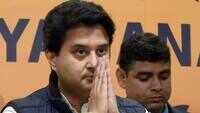 Jyotiraditya Scindia and his mother test positive for Covid-19, admitted to Delhi hospital
Jyotiraditya Scindia and his mother test positive for Covid-19, admitted to Delhi hospital  Umar Khalid's aide Khalid Saifi taken under police custody for his role in Delhi anti-Hindu riots
Umar Khalid's aide Khalid Saifi taken under police custody for his role in Delhi anti-Hindu riots 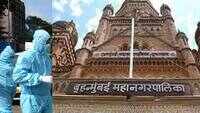 Mumbai: 55-year-old senior BMC officer dies of Covid-19
Mumbai: 55-year-old senior BMC officer dies of Covid-19 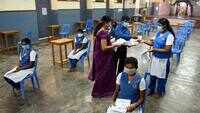 All students to be promoted, Tamil Nadu Class 10 board exams cancelled
All students to be promoted, Tamil Nadu Class 10 board exams cancelled
More from TOI
Navbharat Times
Featured Today in Travel
Get the app

